This article is my tribute to clients from my early years who gave me this feedback, which many a commercial lawyer has heard – “Michael is a good lawyer. At times he could BE MORE COMMERCIAL.”
This is not bad feedback. It shows you are doing your job, and making your presence felt as the lawyer in the room. It is an invitation to bring more than legal skills to the table, which I appreciated and tried to act on.
Is being more commercial a state of mind? A gift? No. It’s a bunch of practical stuff we at Ketsa Coleman aim to do. Here are some tips.
- Know your product – think about what I actually deliver as my product. A lawyer’s toolkit includes contracts, emails, formal advices, letters, policies, compliance/sign-off, slide packs, document management, running meetings, leading negotiations, taking records. As lawyers we should be adept at all of them and confident in rolling out whatever fits the need.
- Fit for purpose – I don’t write an email the same way to a busy CEO as I do to a litigator on the other side. Tailoring to the audience is a core skill.
- Tailoring is not dumbing down – it’s irritating to hear lawyers denigrate plain English as dumbed down or simplistic. Sure, legalese has a place – court documents, settlement deeds, finance documents etc. But write simply when it’s called for. Terms that fit in a mobile scroll or the back of an order form can be more effective than a 15 page document.
- Show and tell – the cover email is your most accessible product, not an afterthought to the “real work” in the document. When you send a document, the email is your chance to walk the client through how the document works, the process, next steps and other context.
- Housekeeping – at the start of a negotiation or dispute meeting, run the check-in even if you have to battle through video glitches, interruptions and egos. Who is in the meeting? Which version of the document? Who is noting actions? And recap at the end.
- Flickable advice – When you send an email to your client, will they need to send it on, to their stakeholders or to the other party? Would it help if you wrote the bit they can flick straight on? Think about what you want to address to your client, versus what they will want to send, sometimes requiring a two-part email. It’s not easy.
- Don’t boss your clients – another irritation – lawyers who tell their clients or the other side “we require …”. We advise, we explain, we propose, but we rarely get to “require” anything.
- Venture boldly – commercial people are better than lawyers at going out on limbs. Inevitably mistakes are made. Their world doesn’t collapse. Offer something, even if you’re less than 100% sure. With caveats.
- Don’t tread on toes – a Telstra client taught me this. An external lawyer wrote up a transmission service contract. The engineer client read it and pointed out that in “tidying up” the instructions, the lawyer had undone key technical terms, and invented products that didn’t exist. Just because the drafting scans well to a lawyer doesn’t make it right.
To conclude – lawyers are allowed to take part in commercial discussions and use approachable language and formats. It’s rewarding for us and helpful for clients.

